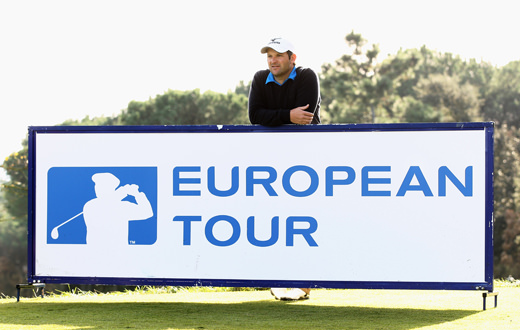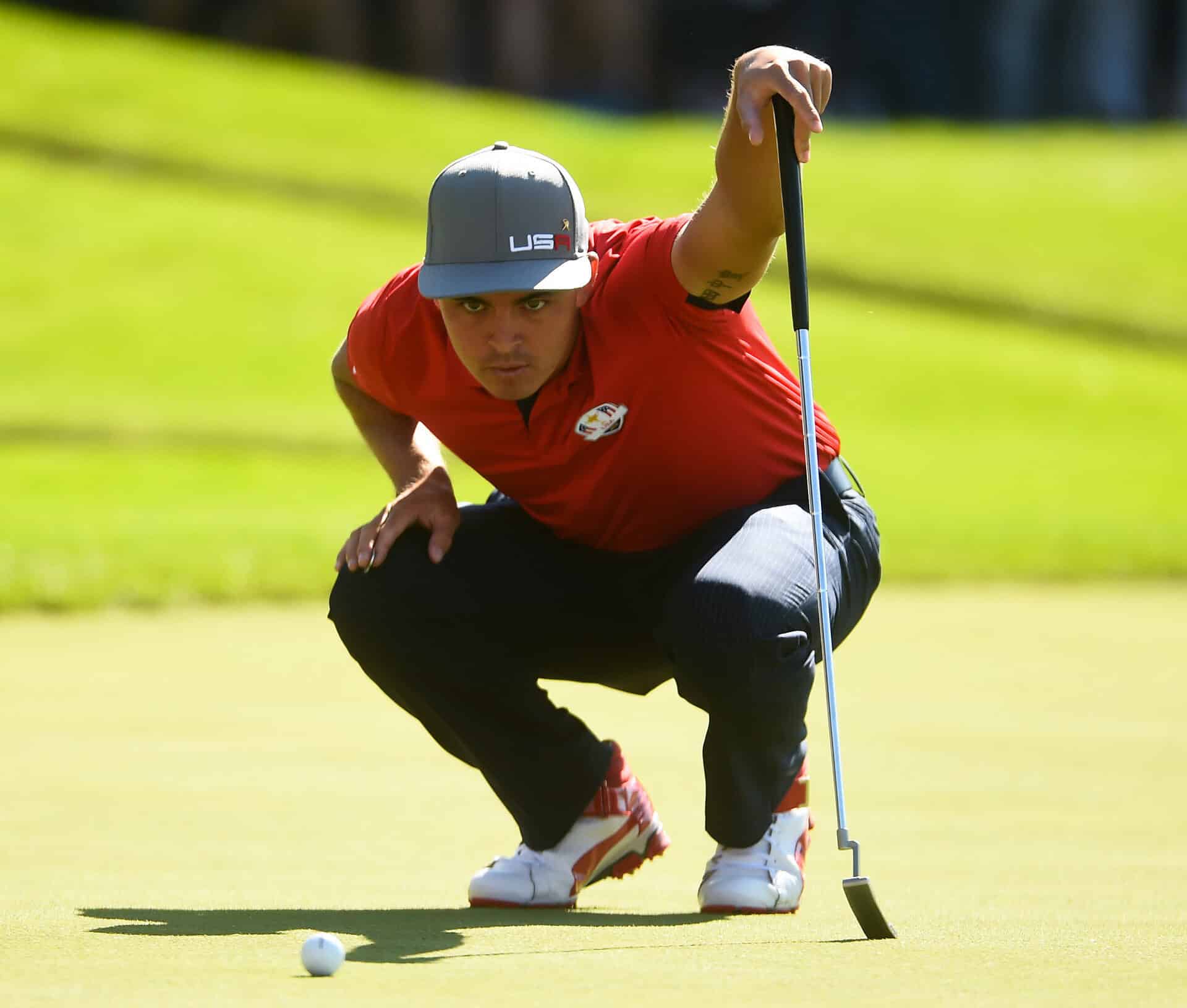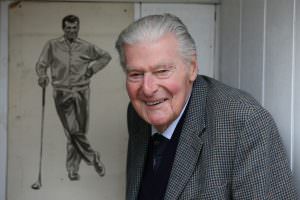
How to cope with Q School
I HAVE been very fortunate over the years to have the opportunity of working with some of the world’s best golfers.
To have some of them comment that the Mind Factor tools and techniques have been of some benefit has always given me great satisfaction.
Yet I find that for me the real pleasure in coaching is working with young players and seeing them grow as golfers.
The recent Ladies’ European Tour School in Spain was a great example of this as three Mind Factor clients, Jodi Ewart, Charlotte Ellis and Tandi Cunningham, all secured their full playing rights for 2012.
Jodi completed the incredible feat of securing her card on both the European and LPGA Tours.
Q Schools are a fascinating study in the human mind and the way that people approach these events is often extremely revealing. We often hear in the press about the incredible pressure and the horrors of being at them.
Not for one minute am I trying to dismiss what for some people is the difference between a good income for the year or a constant financial battle but it is important to see for all of us how we are brainwashed into thinking certain things that can be very detrimental to both our game and our overall performance and well-being.
Without even being aware of it we are very often being primed to act in a certain way in a certain situation.
You very simply sit down and write between three to five words in this book. Words that could suggest to your own brain the kind of experience that you would like to have out on the course. The concept of ‘priming’ when applied to the human mind is an interesting one. Priming is an unconscious memory effect in which exposure to a stimulus or trigger influences a response to a later trigger.
The most famous experiment on priming among the many that have been carried out over the years by social psychologists was conducted by John Bargh and his colleagues in 1996 at the University of Michigan.
Volunteers in his experimental study had to pick the odd word from a group of scrambled words.
The volunteers didn’t know but the odd word would relate to being old.
They apparently didn’t notice anything untoward about the words but when they left the laboratory they were observed and filmed as they walked away.
Their walking pace was timed and their posture observed. The stunning finding of the experiment was that moments after reading the word relating to being old, they behaved differently!
The students walked more slowly and their posture tended towards being hunched. Just by reading some words that related to being old they had been primed to act old!
It is incredible to think how each and every single day we are all being unconsciously primed to act in certain ways that we aren’t even aware of.
Can you imagine how people are primed to act at a place like a tour school if they read about and listen to the stories.
I made sure that the three ladies mentioned had been primed to look at the tour school experience in a slightly different way.
They were all instructed in how to prime themselves in a way that was constructive as opposed to having a media experience imposed upon them.
How could you begin to use the power of priming for yourself and for your own game? The first thing is to become aware of this in the sense of being conscious of the messages that are being sent towards you constantly by television, internet, newspapers and even your own friends.
What experience are you being primed to have out on the course? Is it going to be a tough day? Is this a difficult course?
Based on the Bargh experiments one of the most powerful tools that I have found to be of use to players is a small personal notebook that you would write in about an hour before you play golf.
You very simply sit down and write between three to five words in this book. Words that could suggest to your own brain the kind of experience that you would like to have out on the course.
Just imagine if you sat down for five minutes an hour before your tee off time and wrote words such as ENJOYMENT, LEARNING and FOCUS. What do you think your brain has been primed to go in search of?
The 1973 Open champion Tom Weiskopf may well have never heard of Bargh and his social psychology experiments but when he pinned a note that simply said ‘tempo’ on the locker door of Tony Jacklin prior to his final and winning round in the 1970 US Open he knew at some level the incredible power of priming.
Tom Irwin

Tom is a lifetime golfer, now over 30 years playing the game. 2023 marks 10 years in golf publishing and he is still holding down a + handicap at Alwoodley in Leeds. He has played over 600 golf courses, and has been a member of at least four including his first love Louth, in Lincolnshire. Tom likes unbranded clothing, natural fibres, and pencil bags. Seacroft in Lincolnshire is where it starts and ends.









